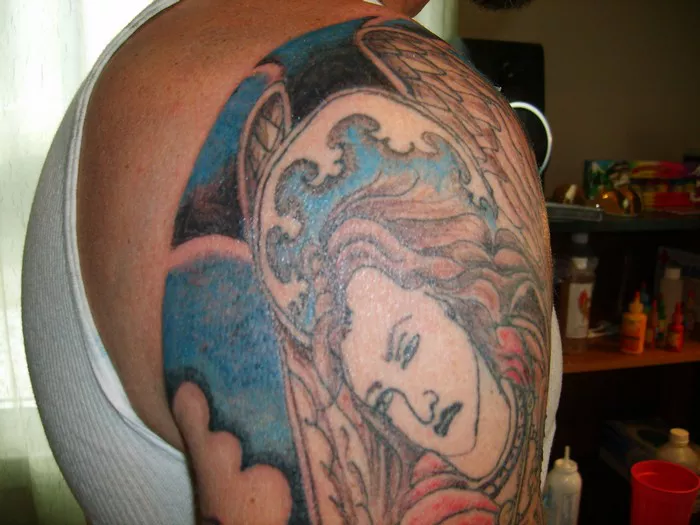Yellowstone County, Mont. – The ancient practice of tattooing, tracing back over five millennia, has witnessed a remarkable evolution over the ages. However, a contemporary surge in cosmetic tattooing is raising eyebrows within the traditional tattooing community, sparking concerns over public awareness and education regarding this burgeoning trend.
The shift in focus to cosmetic tattooing, a method distinct from traditional tattooing, has prompted local artists to advocate for better understanding among consumers. In interviews with NonStop Local, traditional tattoo artists in Yellowstone County expressed apprehension about the growing popularity of cosmetic tattooing and its potential implications.
“Technology has outpaced regulations. The accessibility of tattoo equipment and machines has significantly increased in the last five years,” remarked a traditional tattoo artist based in Yellowstone County. “What was once inaccessible is now readily available, thanks to platforms like Amazon.”
Montana, along with the broader national landscape, is witnessing a blurring line between traditional body art tattoos and cosmetic tattoos. While both may share similarities, there are critical distinctions in technique, purpose, and regulatory oversight.
Local artists stress the importance of understanding differences in pigments and needle usage between traditional and cosmetic tattooing. Unlike traditional tattoos, which employ bolder colors and permanent application, cosmetic tattoos utilize lighter, semi-permanent colors designed to fade over time.
Despite efforts to maintain standards, some artists report instances where traditional-style tattoos are executed using cosmetic tattoo methods, resulting in suboptimal outcomes for clients.
RiverStone Health, the regulatory agency overseeing body art practices in Yellowstone County, underscores the necessity for proper licensing and training. Tattoo artists must undergo requisite training, submit applications, and fulfill licensing requirements. While state regulations primarily focus on sanitation standards, additional training is recommended for operators and artists.
Adam Harris, a Sanitarian at RiverStone, emphasizes the county’s role in licensing both artists and establishments, mirroring state regulations while augmenting local rules to ensure compliance.
For tattoo enthusiasts contemplating ink, thorough research is advised. Prospective clients should scrutinize tattoo shops and artists, inquire about licenses, and familiarize themselves with the artist’s portfolio to ensure alignment with their preferences.
In Yellowstone County, residents can access regulations and licensing guidelines through RiverStone Health’s website. NonStop has reached out to the Department of Public Health and Human Services (DPHHS) for insights into efforts to differentiate between cosmetic and traditional tattoo services, awaiting a response.
For those considering tattoos, diligence in research and understanding is paramount. As the tattooing landscape evolves, informed decision-making remains key to a positive and fulfilling experience.

